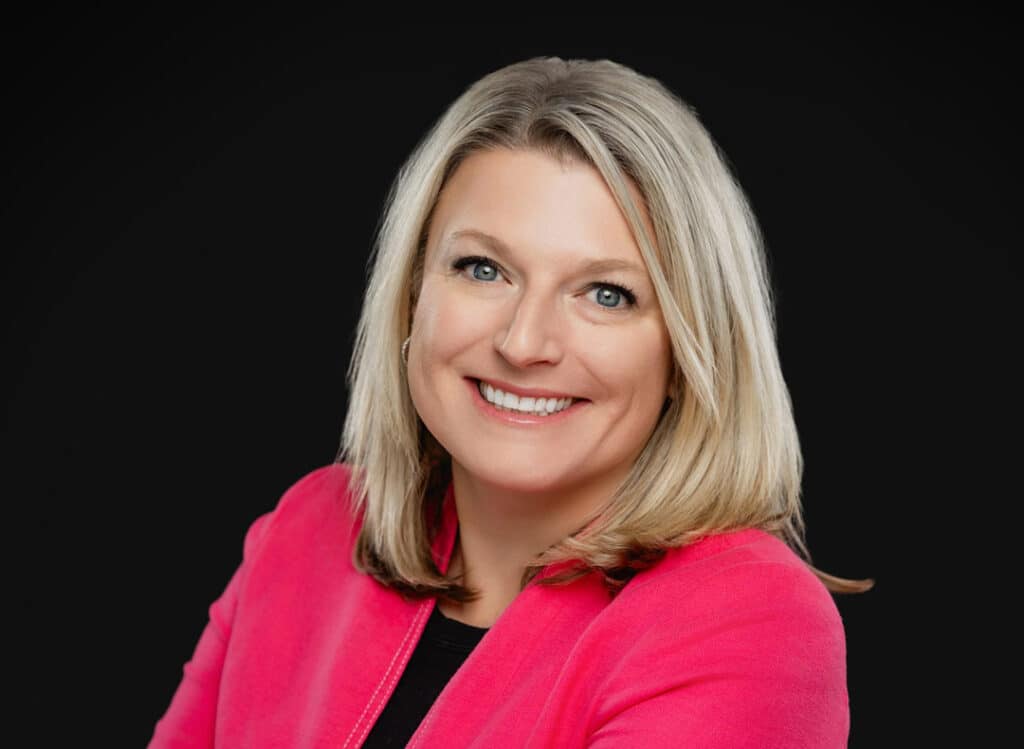Still Searching for the One?

Business Record Staff Nov 22, 2021 | 9:12 pm
5 min read time
1,201 wordsBusiness Insights Blog, FinanceJason Brown, Director of Advisor Success, Foster Group
Let me be blunt: You do not need to pick the next big winner in order to have a successful investment experience. As a matter of fact, behaving as if this were possible is an almost certain way to have a terrible investment experience.
Don’t get me wrong. The possibility that someone could know specifics about the future is incredibly enticing.
If I were Marty McFly in “Back to the Future,” I would have left a bunch of money in the care of someone I trusted and instructed them to immediately and silently invest in Nike, Apple, Google, Amazon, Tesla and a few others the day these yet-to-be-started companies went public. Oh, and I’d want to get really specific about when to get in and out of Bitcoin as well.
As you can imagine, I would do lots of altruistic things with this money.
But alas, it is not possible to know the specifics of the future. This is not only a bummer for the “pick only the next big thing” way of investing, but also for nearly every aspect of my life. I would love to know what terrible but avoidable things are lurking on the horizon or the potentially quick and easy ways to cultural power and influence. I’m not saying that last item is noble or good. I see the desire in me, though.
It is worth repeating the first sentence of this post loudly and clearly: YOU DO NOT NEED TO PICK THE NEXT BIG WINNER IN ORDER TO HAVE A SUCCESSFUL INVESTMENT EXPERIENCE, because I continue to come across real people, as opposed to imaginary ones, who have been smitten by this possibility. It makes me sad and angry at the people and places selling this idea to them. It’s such an easy sell, though, like the cotton candy guy at Dodger Stadium when I took our daughter to games. He had me at, well, his mere presence.
I really am kind of amped up about this right now, because I was talking with someone in the past couple of weeks who told me that a bunch of people he had recently connected with believed this. They didn’t have the money to pay a proper prophet and doubted their own predictive skills. So they either chose not to invest or were being taken in by someone who made them think he could help them pick the next winner.
Some of the basic rules for successful investing are a much harder sell. Just as I can admit the allure of the aforementioned approach, I can also admit the challenge of embracing the practices of a better approach. However, sometimes when we hear, “Hey, this is really hard work,” we humans think, “OK, I’m in!” That’s a little splash of reverse psychology for you.
What are the hallmarks of a more successful approach?
Embrace uncertainty rather than doing everything you can to avoid it. Give up trying to control the specifics of the future. This is good for your life in general, and unbelievably difficult to practice, as well as your investments. In fact, it’s uncertainty that provides return. Over the long haul, you’re typically rewarded for the risk you take. Risk cannot be defined and isn’t even a reality without uncertainty. Companies recognize that you’re taking a risk when you invest in their potential. And when they do what they’ve set out to do, they reward you for it.
Buy a lot of stocks vs. THE ONE. If you buy a globally diversified portfolio, you will inevitably be picking a fair number of losers. But you will also likely be picking enough winners and possibly big winners to more than compensate for these losses. Perhaps more importantly, you may not need to take on the risk or, frankly, the stress of trying to pick THE ONE to get a very good return. Another bit of good news is that you can purchase a well-constructed, globally diversified exchange-traded fund with a reasonable expense ratio. For example, the Vanguard Total World Stock ETF (Ticker VT) has a current fund expense of just 8 basis points.*
Instead of paying investment prophets, pay financial advisors. This is the most self-promoting thing I’ll say. And yes, perhaps I am a bit biased. I also think I’m not a very capable propagandist. So pay someone you trust to help you put together a low-cost portfolio. Use your dollars to pay someone who can help you make really good decisions about how to use your money/wealth broadly in order to help you achieve your financial goals. I think having a coach for your finances is worth it.
Take the long-term view in an extraordinarily short-term world. If you look at a week of return with the Dow, the line will likely look very jagged. If you look at a month, it will still likely look jagged but perhaps less so. When you look at the 10-year line, those sharp downturns and upticks typically look pretty small. I like to think of the market as an incredibly moody and temperamental friend in the short term, highly unpredictable and not particularly trustworthy. So pay that friend no attention. But over time, it might be proven to be a dependable and good friend, an ally working to help grow your wealth. It’s hard to take the long view when very loud and ever-present voices are telling you to pay attention to what’s happening right now . . . or else. Tune those voices out, let go of the illusion we can predict the future and stick with it.
Trust data, not expert marketers. Expert marketers play to your biases and fears. Unfortunately, your biases and fears often lead you astray. So do the hard work of paying attention to the academically researched data on the market rather than trusting your instincts. The data points to some of the things above: Consider buying large baskets of stocks; stick with low-cost portfolios; invest for the long haul; don’t try to predict when to get in and when to get out. It also reveals portions of the market that have historically provided a long-term, higher-than-market return for embracing greater risk. These are called factors.
Connect your investing to something beyond making lots of money. I’m not sure we can let go of our desire to have more money, though learning to manage this hunger is a worthy pursuit. What are you investing for in addition to making lots of money, or perhaps in place of making lots of money? I don’t know what the answer to this question is for you. For me, it’s things like paying for nice meals and/or family vacations for our kids and grandkids; perhaps being able to play more golf; at the risk of sounding boastful, giving money away and volunteering my time and talent (the limited supply I have!); and continuing to afford something a touch more extravagant than Folgers.
PLEASE SEE IMPORTANT DISCLOSURE INFORMATION at www.fostergrp.com/disclosures. A copy of our written disclosure Brochure as set forth on Part 2A of Form ADV is available at www.adviserinfo.sec.gov.
 |
Jason Brown, Director of Advisor Success View Bio |











